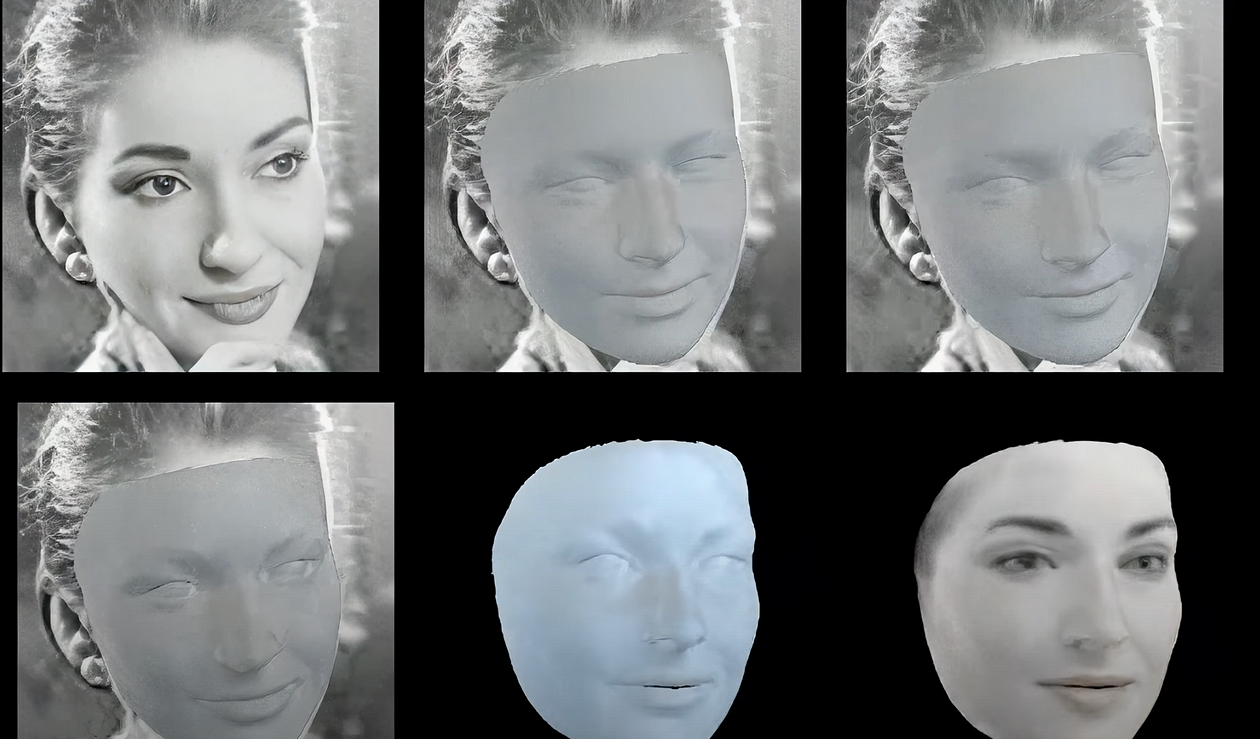Artificial intelligence has caught the zeitgeist of the 21st century

AI is no longer a fantasy concept exchanged by scientists and researchers predicting an uncertain time in the future. In the second decade of the century, AI is as omnipresent as it is mundane. Take the healthcare industry. AI has seamlessly integrated into workflow and systems to focus on patients and on providing more person-centered care that previous bureaucracy, technology, and organizational structure have grappled with.
The benefits of AI in healthcare are revolutionary and it starts with data that it sifts through and analyzes. Machine learning is a subset of AI that identifies patterns in large data sets and makes predictions based on the data. The patterns for prediction or discovery are derived from the actual data rather than a human programmer. Machine learning brings data together that creates a more complete view of a patient’s medical history and compares it with the population as a whole. Deep learning is a type of machine learning that couples pattern discovery with pattern use on top of one another and analyses those predictions to define patterns.
On a more human level, AI provides a more personalized experience for patients which most of us have experience using, such as online self-services and chatbots, although as personalized experiences go, talking to an actual doctor is a preferable patient outcome than a computer screen.
There are key areas of health research in artificial intelligence applications:
Population health
Medical imaging
Health tracking apps
Telehealth and remote patient monitoring integration
Identifying gaps in health inequalities and biases
Data analytics for key performance indicators
Facilitating patient wellness and preventative care
AI and Alzheimer’s Disease
According to the Journal of the Alzheimer’s Association, researchers at Boston University have detected cognitive impairment from audio recordings of neuropsychological tests using an AI machine learning system that can accurately detect cognitive impairment from voice recordings. This eliminates in-person appointments and diagnoses. This runs contrary to healthcare leaders streamlining admin processes to provide more patient care.
AI’s ability to analyze data provides a more complete view of patient and population health. It understands the relationship in the data and compares it with the rest of the population. AI provides better data management, insights, improved patient outcomes, patient experience, and operational efficiency. NHS Imperial College highlighted a 98% accuracy rate for their AI algorithm in its predictions with no requirement for further samplings.
But AI can also replicate and exacerbate existing biases that can lead to health inequalities. Research identifies ways bias can arise in AI and how developers and regulators can prevent it.
Ginger Liu is the founder of Ginger Media & Entertainment, a Ph.D. practice research student in photography, death, and artificial intelligence, and a podcast producer,journalist,author,artist, and filmmaker.







